Importance of Marine Radio Communication on Vessels
In the vast expanse of the open sea, effective communication is the lifeline of maritime operations. Marine radios play a pivotal role in ensuring seamless communication between vessels, enhancing safety, and optimizing efficiency. This blog post explores essential tips for extending the range of marine radios on commercial vessels, empowering maritime professionals with the tools for reliable communication.
Understanding Range: Factors Affecting Signal Distance Radio
Frequency Bands and Regulations
Understanding the frequency bands allocated for marine radio communication is crucial. Different bands offer varying ranges, and compliance with regulations ensures interference-free communication.
Line of Sight and Obstructions
The range of marine radios is significantly influenced by the line of sight. Minimizing obstructions, such as large structures or geographic features, can enhance signal propagation and extend communication range.
Antenna Placement: Strategic Positioning for Optimal RangeAntenna Height
Elevating the antenna improves signal coverage. Mounting antennas as high as practical on the vessel enhances the radio’s ability to transmit and receive signals over longer distances.
Clear Antenna View
Ensure the antenna has an unobstructed view of the horizon. Obstacles, like masts or rigging, can block signals and limit the effective range of the marine radio.
Proper Maintenance: Ensuring Equipment is Functioning Correctly
Regular Checks and Inspections
Establish a routine for checking and inspecting marine radio equipment. Address any issues promptly to maintain peak performance and prevent potential malfunctions.
Battery Health
A reliable power source is essential for consistent radio communication. Regularly check and replace batteries to ensure they are operating at full capacity.
Using Repeaters: Extending Coverage with Relay Stations
Introduction to Repeaters
Repeaters act as relay stations, receiving and retransmitting radio signals. Strategically placing repeaters can extend the coverage area of marine radios, especially in areas with challenging terrain.
Benefits of Repeaters
Utilizing repeaters enhances communication range and overcomes obstacles, making them valuable for vessels operating in expansive or obstructed waters.
Weather Considerations: How Weather Conditions Impact Radio Range
Atmospheric Conditions
Certain atmospheric conditions, such as temperature inversions, can affect the propagation of radio signals. Understanding these factors helps mariners anticipate potential variations in communication range.
Impact of Precipitation
Rain and fog can absorb radio signals, limiting range. Mariners should be aware of weather conditions that may affect radio communication and adapt accordingly.
Implementing Tips for Effective Marine Radio Communication
In the unpredictable maritime environment, implementing these tips can significantly enhance the effectiveness of marine radio communication. Whether you are in search of radio communication equipment suppliers or exploring the latest handheld marine VHF options, www.tecomart.co provides a comprehensive range of solutions to meet the communication needs of commercial vessels. Elevate your maritime communication strategy, extend the range of your marine radios, and navigate with confidence on the high seas.

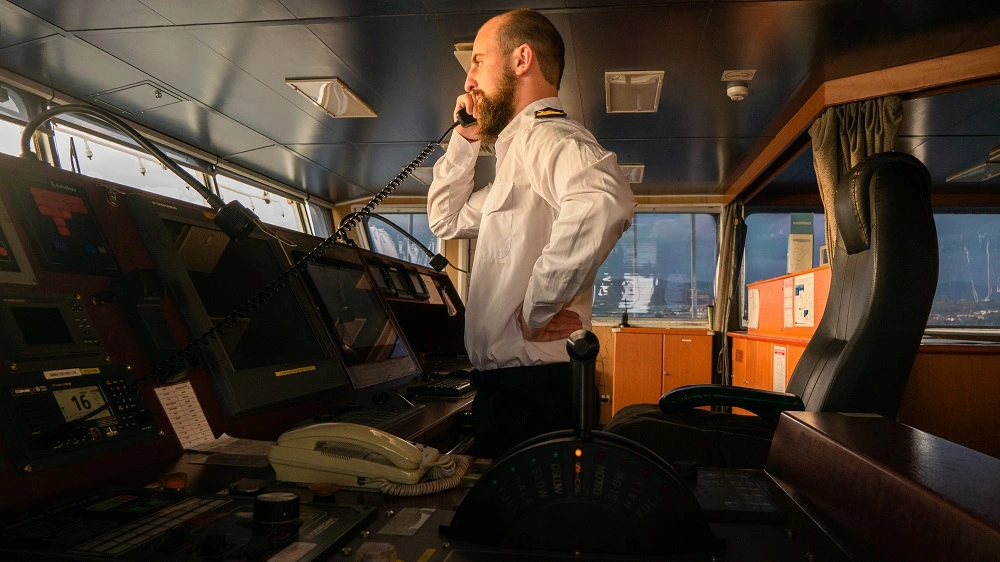
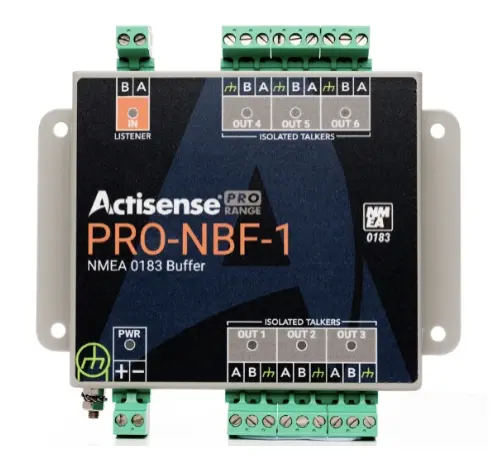
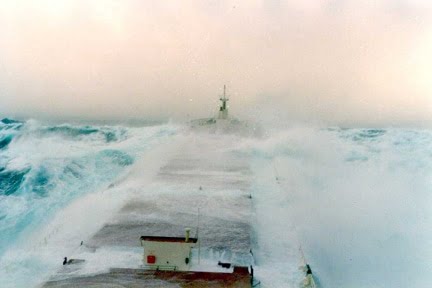
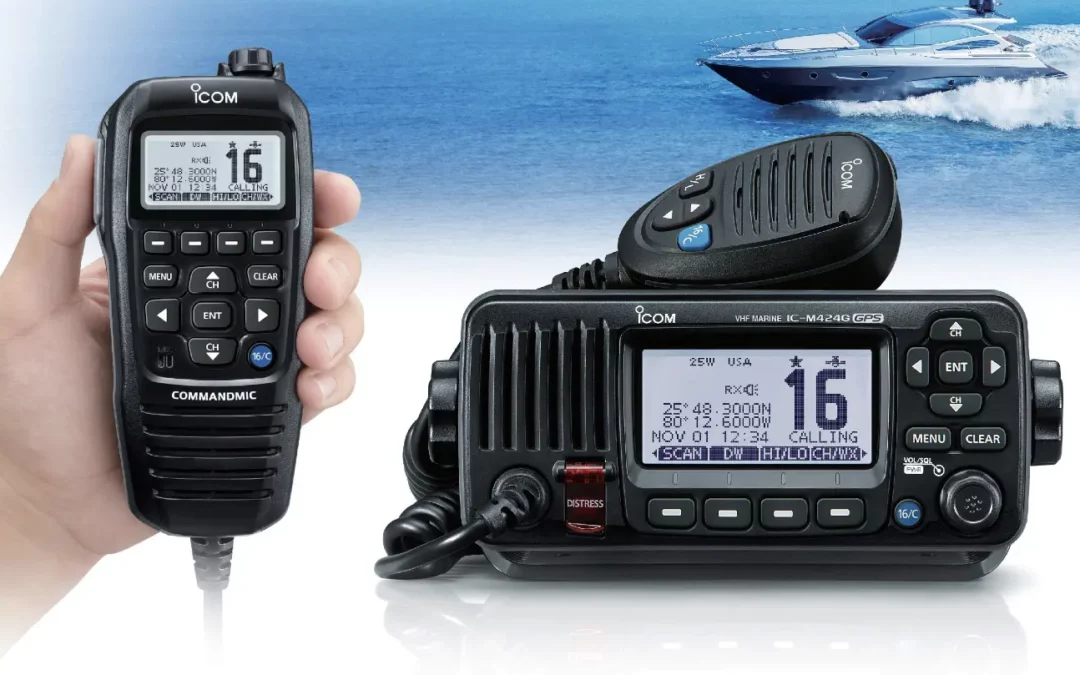
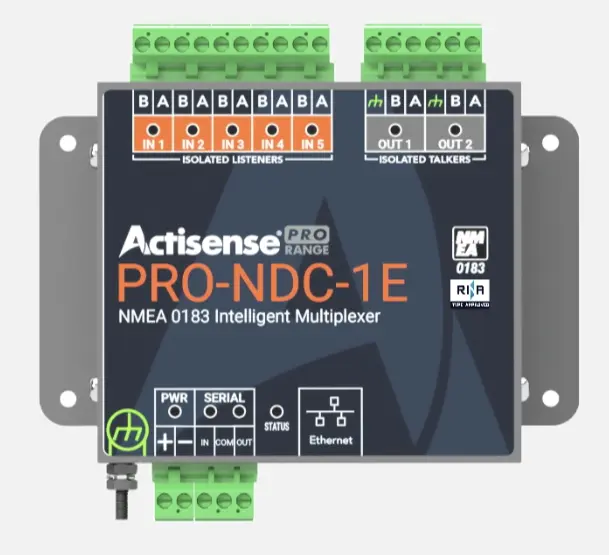
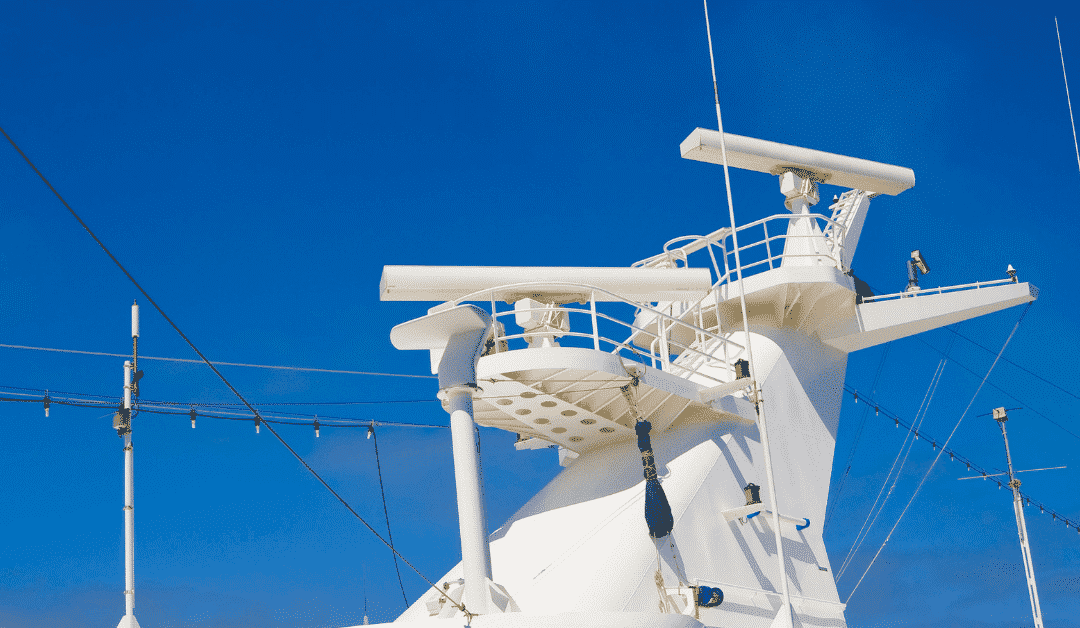
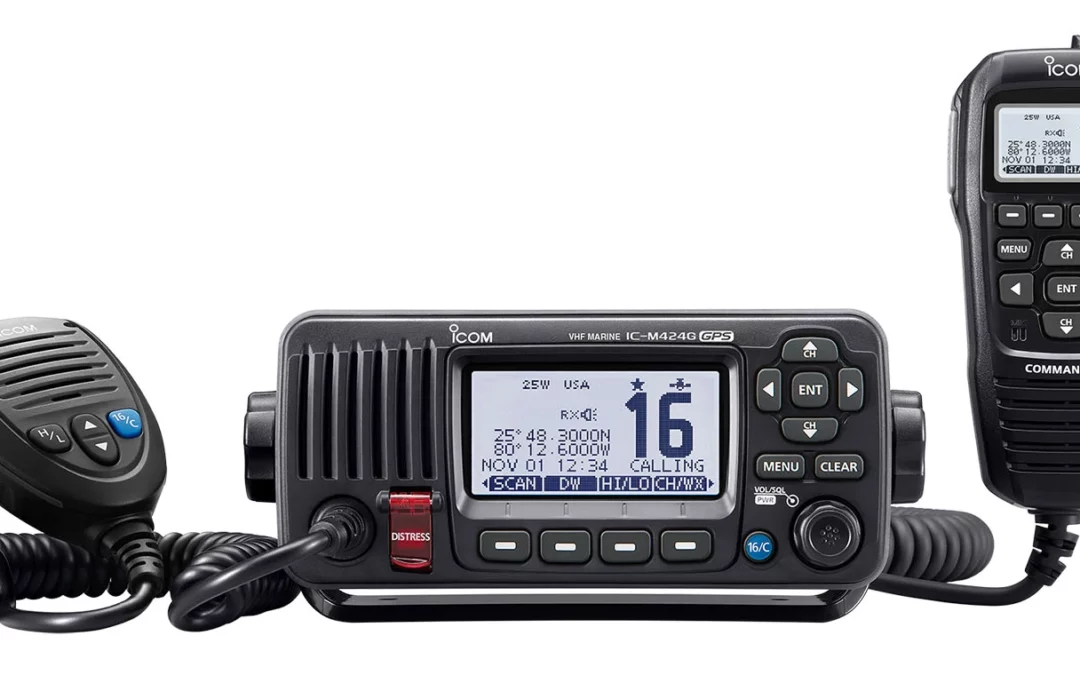
0 Comments